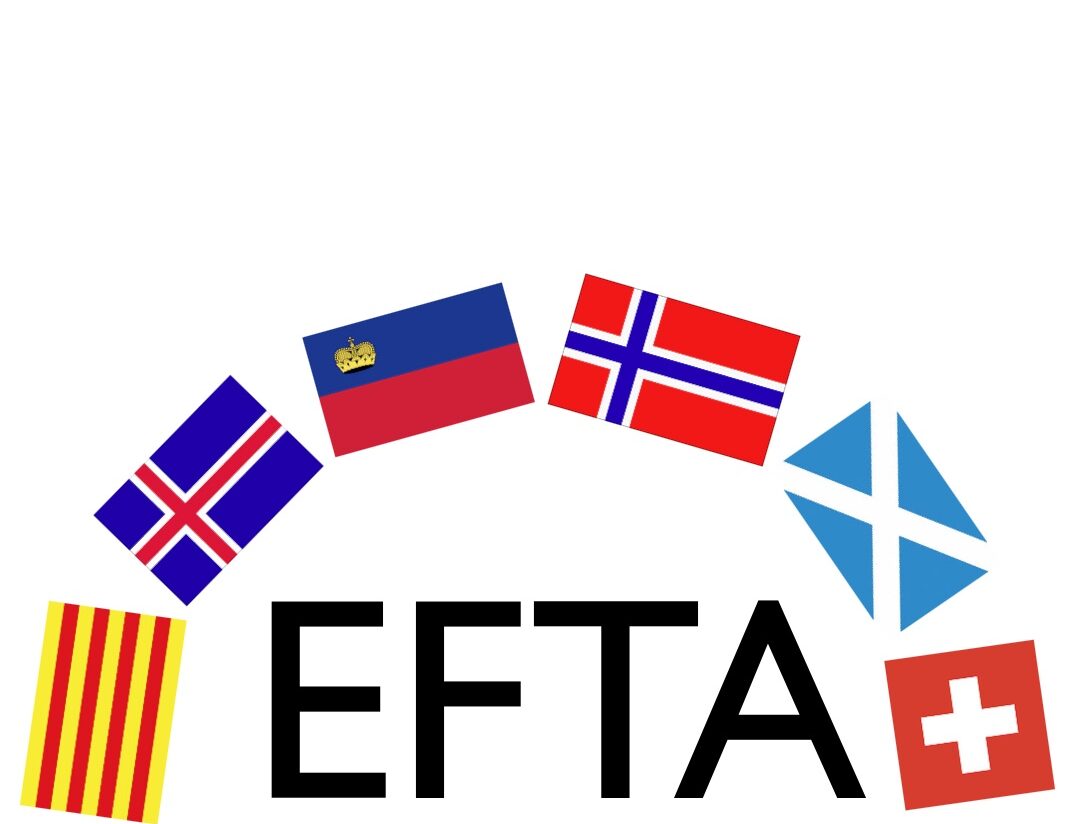18.02.2014 - 09:32
The controversy flying over comments made by the president of the European Commission with respect to whether independent Scotland and Catalonia would form part of the EU has again awoken interest in EFTA, the European Free Trade Association. Despite the fact that the spokesperson for the Commission disavowed Durão Barroso’s statements, frustration with the EU’s attitude was noted in broad sectors of the Catalan populace while at the same time interest grows in an association like EFTA.
What is EFTA?
The European Free Trade Association is an organization comprised of Iceland, Norway, Switzerland and Liechtenstein. It is an alternative to the European Union, while at the same time maintaining ties with it. Basically, it is a group of states that don’t want to form part of the EU but that, without doing so, form part of the same economic and social space. Former members include Great Britain, Portugal, Austria, Denmark, and Sweden.
What relationship does EFTA have with the European Union?
Three of the four countries that make up EFTA are part of the European Economic Area (EEA) and therefore form part of the internal or common market, just like any other member state of the Union. The fourth, Switzerland, preferred not to be a part of the EEA and instead to sign individual agreements with the EU as necessary.
What is the European Economic Area?
The European Economic Area is an agreement among the twenty-seven states of the EU (all except Croatia) and three of the four states of the EFTA (all except Switzerland) which allows those three states to participate in the internal market of the European Union without being a member thereof.
What does it mean to ‘participate in the internal market’?
The EFTA countries benefit from the four freedoms of the European Union as if they were full members: the liberties of free movement of persons, goods, services, and capital. Therefore, these countries function as if they were part of the EU because they benefit from all its advantages. On the other hand, they have to adopt most of the EU’s laws, although there is a small percentage that they don’t have to adopt. From the point of view of the EU budget, the EFTA countries do not receive EU funds, but they also don’t have to contribute like EU countries do. EFTA, as such, does contribute to financing the common market.
Can citizens of the EFTA member states travel throughout Europe without restrictions?
Of the four EFTA countries, three are part of the Schengen accords and therefore can cross the EU’s internal borders without problem. But it’s important to remember that there are twelve member states of the European Union that are not members of the Schengen Area and therefore maintain their borders both for EFTA members as well as for citizens of other EU member states.
How is EFTA governed?
EFTA has a supervisory authority and its own Court of Justice that are decision making bodies. Its structure is much more agile than that of the EU.
Does EFTA have a Parliament or form part of the European Parliament?
Neither one nor the other. And this is its chief deficiency, because in practice it means that a member state of this alliance must adopt the legal rulings decided by the European Parliament without forming part thereof. The European Parliament does however have the obligation of constantly consulting EFTA about the legislation that it is undertaking.
Could Catalonia be a member of EFTA?
Articles 56-60 of EFTA’s constituent accords explain that to be a member, you have to be a state and be accepted by the EFTA council. There is therefore no obstacle to Catalonia becoming a member, besides political will. On that point, it’s important to remember that one of its leaders, George Baur, who is the liaison between EFTA and the EU has already spoken with interest about Catalonia.
Could Spain block Catalonia’s entry into EFTA?
No, because it’s not a member. And in addition it also couldn’t veto EFTA’s current relationship with the EU.



